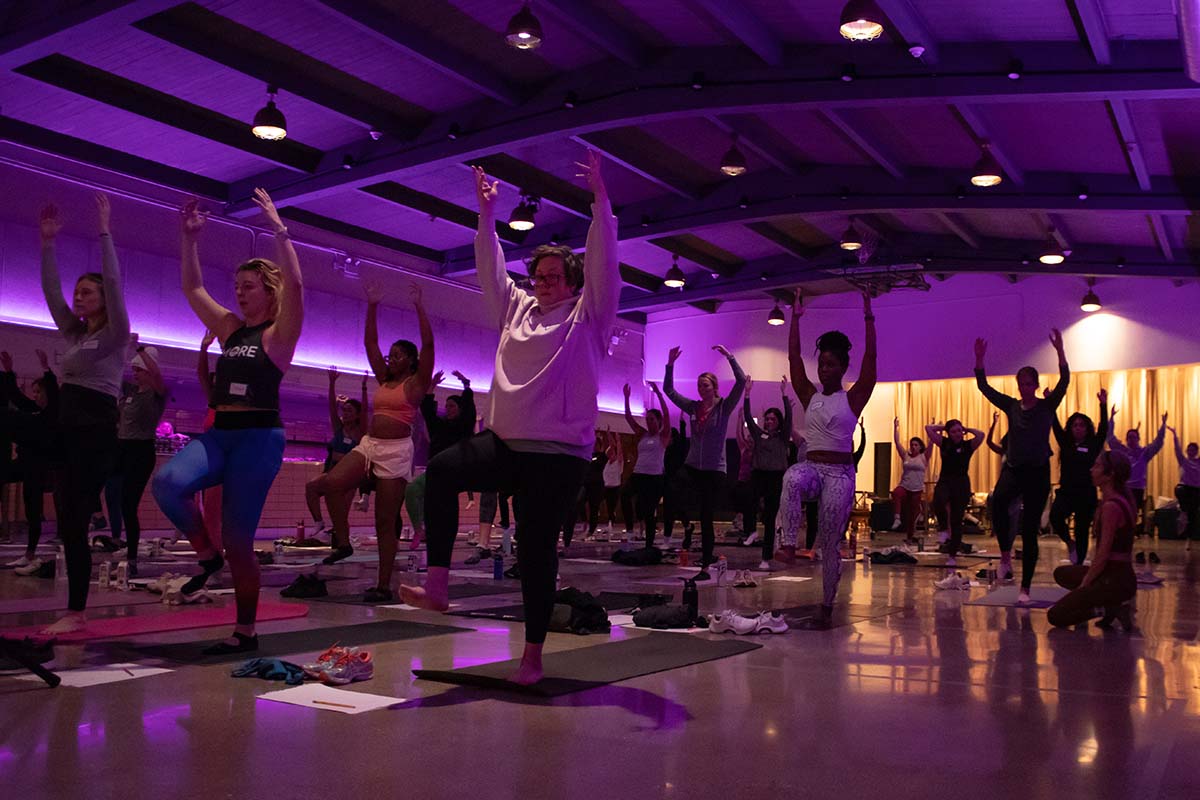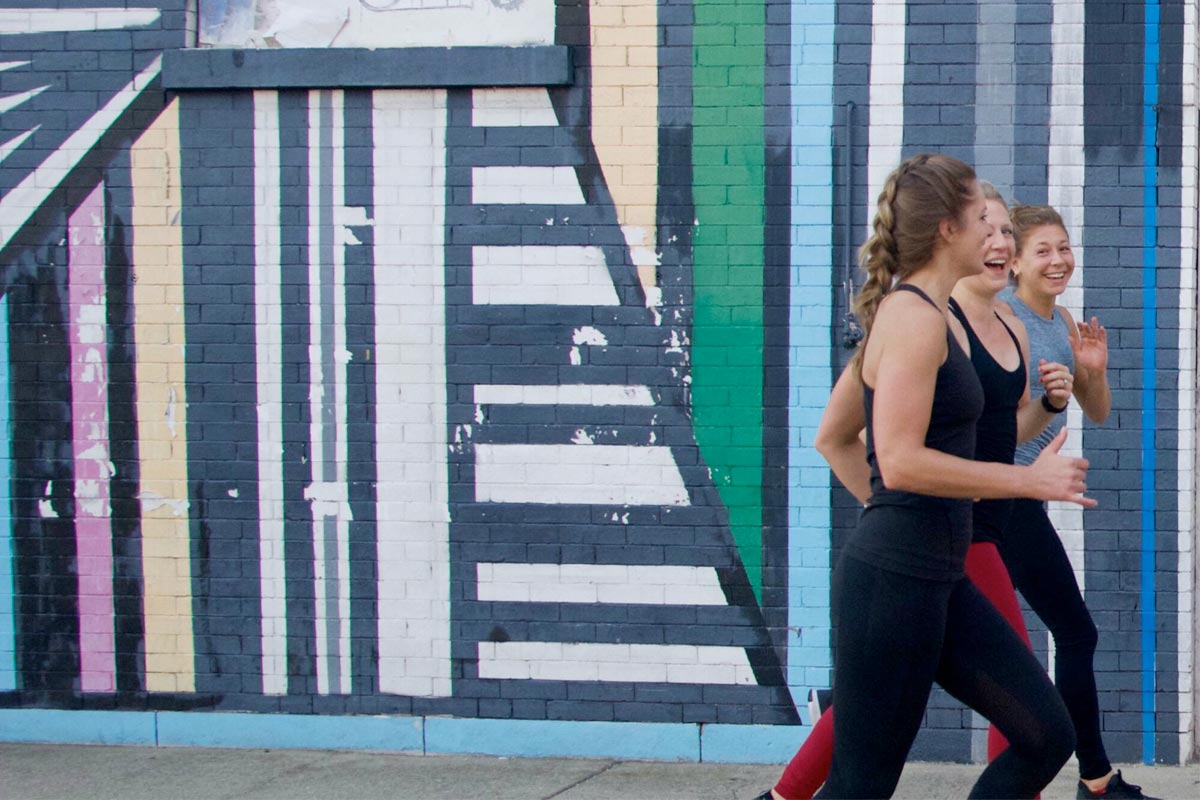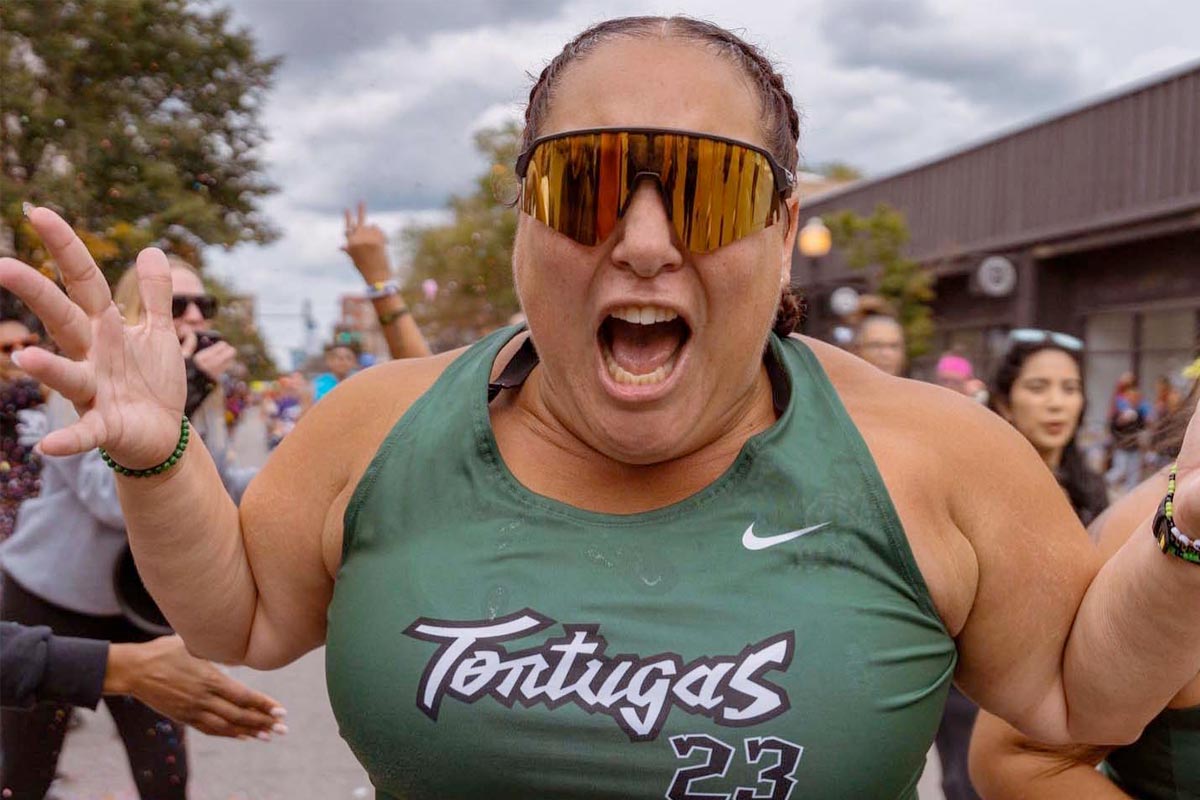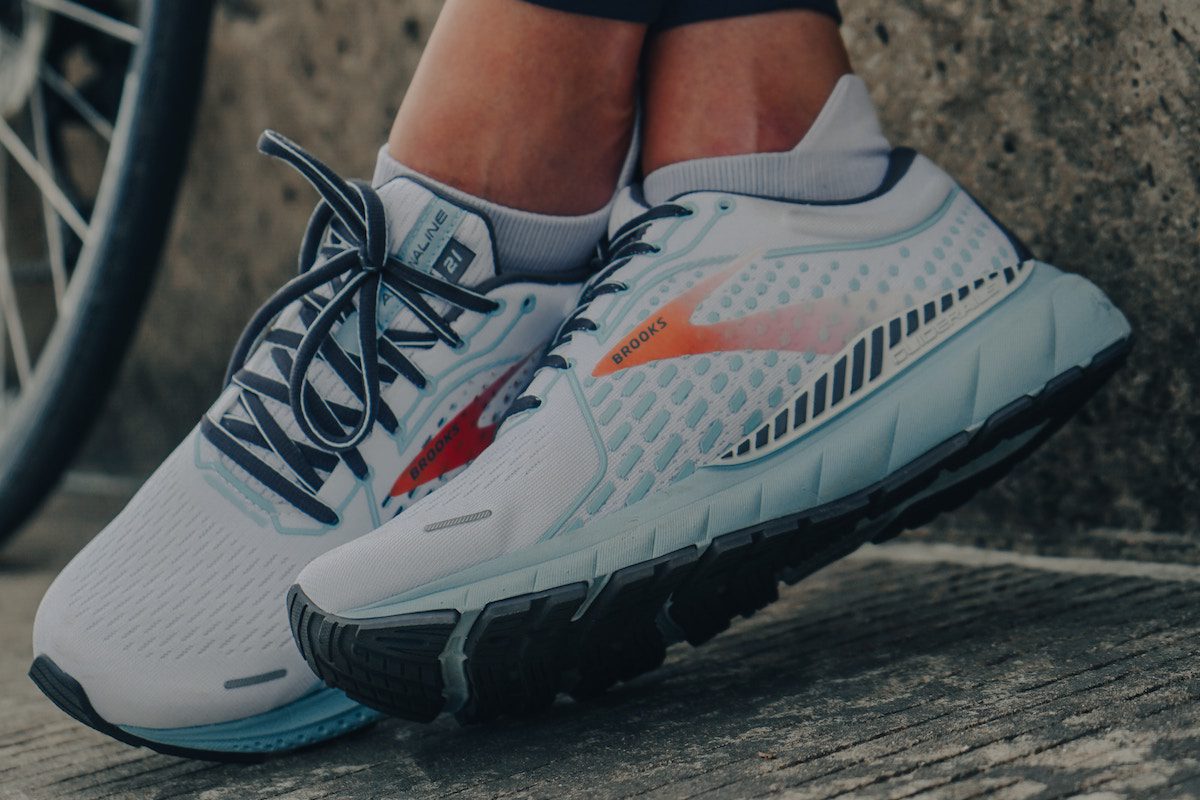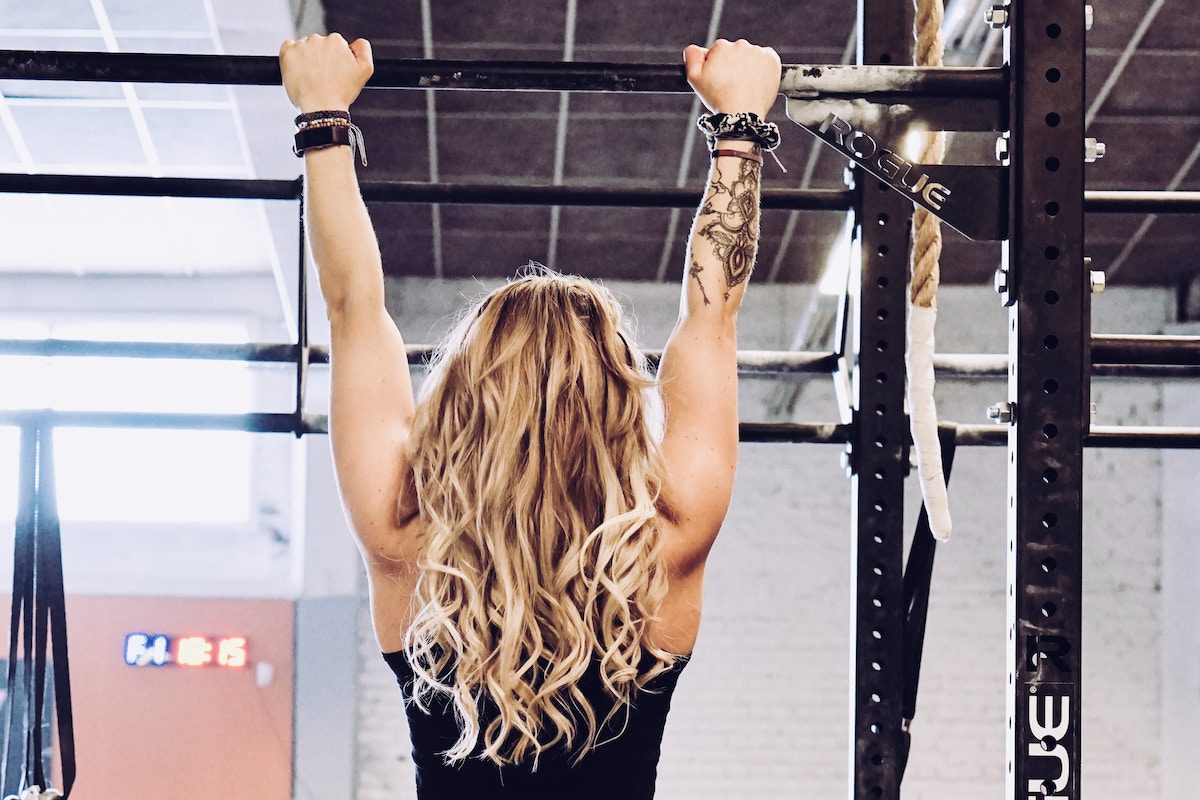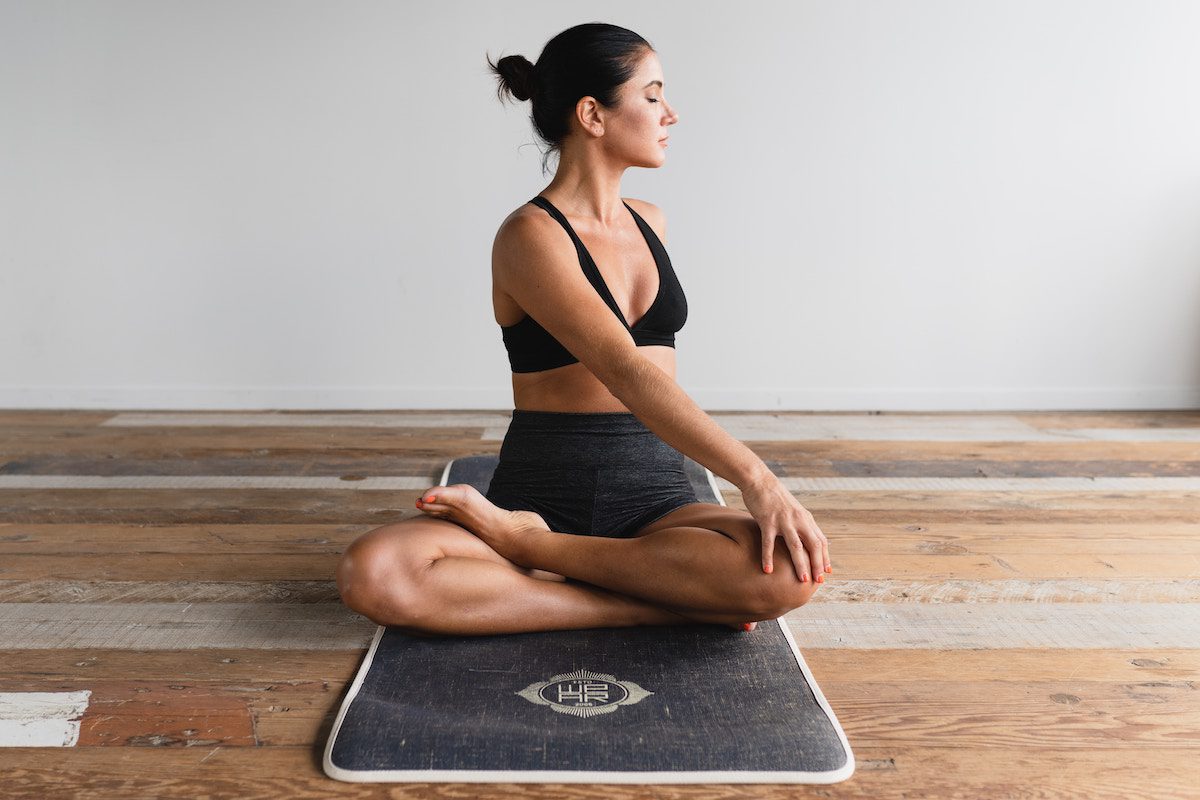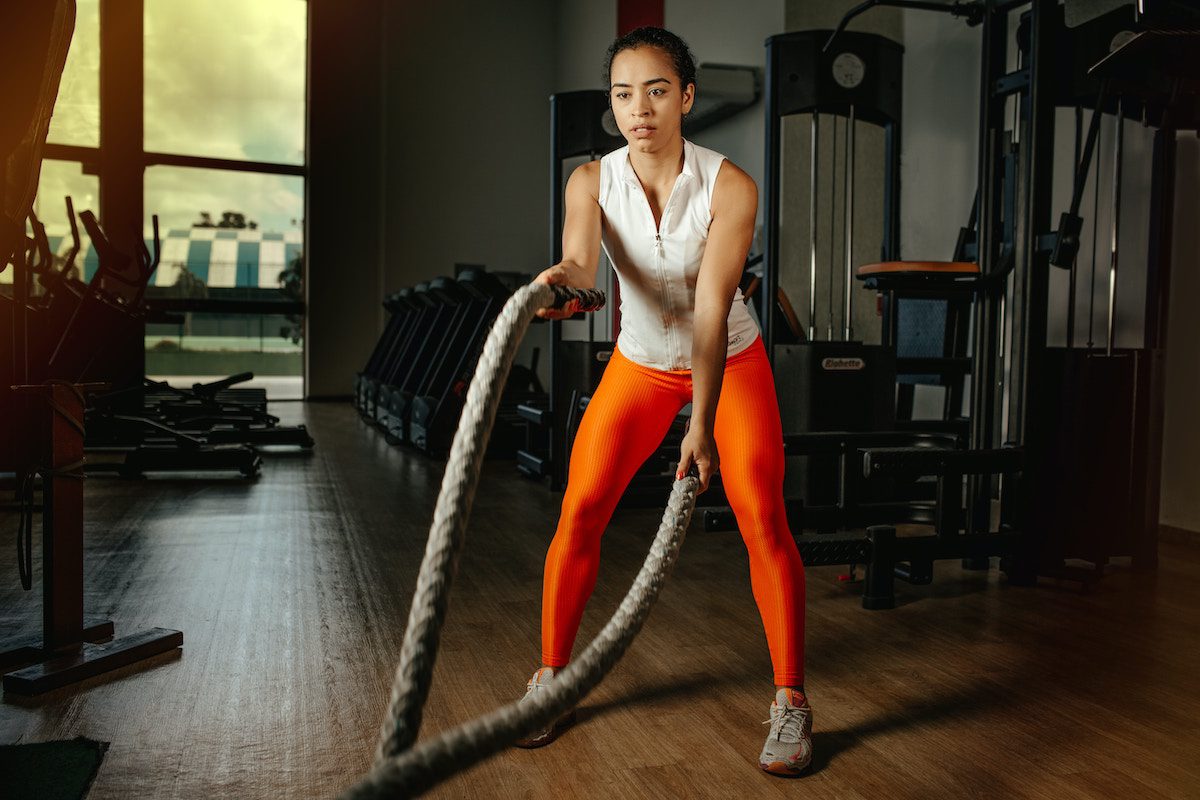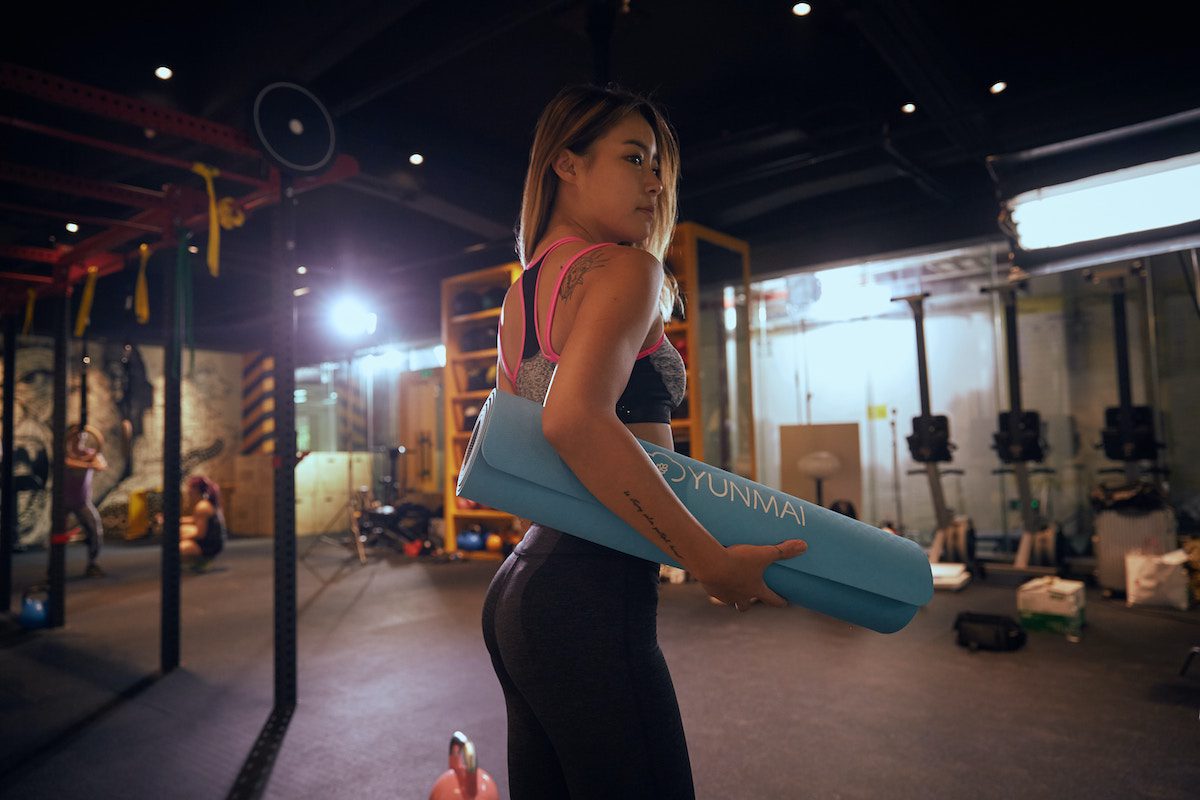A Q&A with Nt Etuk, Founder and CEO of FitGrid, on Diversity in Boutique Fitness
As founder and CEO of FitGrid, Ntiedo (Nt) Etuk has spent his career helping fitness studios leverage the power of their entire community to drive revenue, retention and engagement. Throughout his professional career, he noticed a discrepancy in studios: many trainers and instructors were Black, but few managers and owners were.
In this Q&A, he shares more about what it’s like to be a Black business owner in the fitness space and his hopes for a more diverse future in fitness.
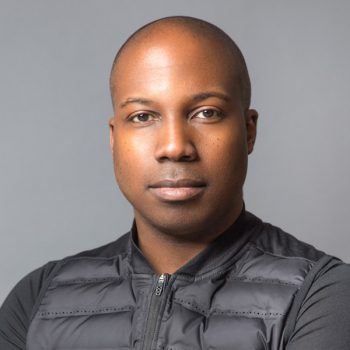
Tell us, what does it mean to you to be a Black business owner right now?
It’s interesting because our business is doing well, but our community is not. Minorities are being disproportionately impacted by COVID, so that always sits in the back of my mind, even as I get excited about the prospects for my company. On the pure business side, it means that I have the opportunity to clearly demonstrate that Black businesses can survive and thrive through a pandemic.
We should note, though, that I am a specific type of business owner, and the experience that I am having right now is very different from that of most business owners, including other Black business owners. My company has raised millions of dollars in capital and will raise many more to tackle the markets in the way that we wish to. Most businesses do not do that and do not need that to support the services they offer.
In addition, our business grew 4x last year, through the pandemic. That is also not the experience of the typical business of any type. These things affect my perspective. As a result, I feel a mixed bag of emotions; pressure to continue our success, excitement to continue to lead the charge, and sadness and awareness at the state of the world and the pure havoc that this epidemic is having on everyone, but particularly communities of color.
Any wins and challenges you can share?
Our business operates in the boutique fitness industry. This is the market that offers relatively expensive yoga, barre, dance, bootcamp, spin, and boxing classes. Typically, the consumer of these types of services are relatively thin, white women (80% of the market is women), and the studios are generally located in higher income, less diverse neighborhoods.
When all of the race related events happened last year, our company (and one of my other companies) took a stand in helping the industry to internalize what was happening and helping hundreds of studios discuss the societal changes that were afoot, and understand how they could be more open and welcoming (changes in imagery and the size and color of their fit models) to diversity among their staff and client base. I consider this a major win.
We all do what we can to advance the societies we live in. As a businessman I was already helping studios survive during the pandemic by offering services that could get their classes online. As a Black man, I was proud to be able to advance understanding in the industry in whatever way I could.
Do you have any tips for aspiring Black business owners?
Dream big, find mentors and peer community, and create a plan. Muhammad Ali once said “If your dreams don’t scare you, they aren’t big enough.” We cannot be afraid to dream as big as we want. Yes, systemic racism exists. Yes, expectations are higher. Yes, scrutiny is more intense. Yes, historically, access to funding is more challenging. But don’t let that stop you. Those are givens. Focusing on the obstacles will only make them feel like they loom larger. They exist. They suck. We have to do more. That sucks.
And I hope, pray, and will work to make it so those obstacles are far fewer in the future than they are now. But now that we understand that, let’s go. Dream big. Find your mentors. Connect with your community. Then create a plan to go out and take what’s yours.
What can consumers do to make sure they’re supporting diverse and inclusive fitness companies?
If consumers see organizations that have diverse imagery, are minority owned, or have minorities as significant parts of their staff, then they can support those organizations.
For those that don’t seem to have a consciousness about those things, consumers can simply ask questions “Why don’t you have more diverse representation in your instructor pool, or in your management pool?” If they find the answer unsatisfactory, they can have a conversation with the owner about it or even gather some signatures to request such changes.
The truth is that not much will change if people don’t request it to change. Consumers can stand up and make their thoughts known. Owners will listen.
How do you hope to see the fitness industry evolve in 2021 (and beyond) in terms of inclusivity?
I would love to see more diversity in the industry. Diversity of race, diversity of shape and size, and diversity of gender. Boutique fitness consumers are around 80% female. However, I feel that many of the benefits that come from some of the practices that are prevalent in boutique fitness would be useful to men too. For example, pilates and yoga are really great as forms of relaxation, stretching, and strengthening the core. Those are all things that men could use more of.
In terms of shape, just look at many of the images of people in boutique fitness. They are similar to those of the women in high fashion magazines – thin women – images that do not represent the majority of females out there. This, again, prevents whole swaths of the population from enjoying the benefits of these activities because they do not feel welcome and therefore do not attend.
Finally, I would love to see more minority owners and practitioners. From the practitioner perspective, again, I believe that many of the practices are helpful healthwise. On the owner front, I don’t kid myself about the challenges of starting and running a boutique studio. It’s not for everyone and I don’t live under the false hope that all of sudden a large number of minorities will decide to open a fitness studio versus any other type of business. However, I do think that more studios, in communities of color, would increase the health level in those areas.
Since it’s ideal to have experience in these types of studios and a passion for the industry, the best place to source minority owners would be among the trainers and instructors who already work in the industry (particularly in metropolitan areas). Creating formal paths for training and funding would be welcome. Such paths shouldn’t be exclusive to minorities, but it could come in the form of set asides specific for boutique fitness for instructors and trainers who wish to apply. I think that the bar should be held equally high on the solidness of the proposals from everyone, but that there should be a certain number reserved for underrepresented groups, particularly if they’re going to start these organizations in communities where the presence of such businesses is low.
This is not only good for job and wealth creation (assuming success, which is why the business training is so important), but it’s also good for societal health. Many minority communities have a prevalence of non-communicable diseases like high blood pressure, diabetes, stress, etc. that can be helped by many of the activities boutique fitness provides.


